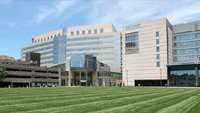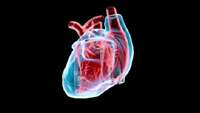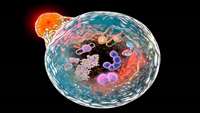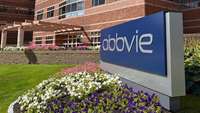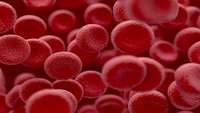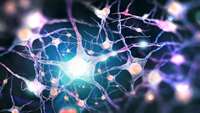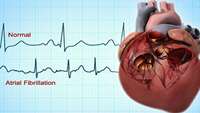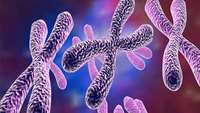Mustang Bio Announces Opening of CAR T Cell Therapy Manufacturing Facility in Worcester, Mass.
Mustang Bio, Inc. (NASDAQ:MBIO), a Fortress Biotech (NASDAQ:FBIO) Company focused on the development of novel immunotherapies based on proprietary chimeric antigen receptor engineered T cell (CAR T) technology, today announced that it has opened a CAR T cell therapy manufacturing facility at UMass Medicine Science Park in Worcester, Mass. The 27,000 sq. ft. facility will support the clinical development and commercialization of Mustang’s CAR T product candidates and enable proprietary cell therapy research.
Intramyocardial angiogenetic stem cells and epicardial erythropoietin save the acute ischemic heart
Ischemic heart failure still displays the highest mortality. An early boost of intracardiac regenerative key mechanisms and angiogenetic niche signaling in cardiac mesenchymal stem cells (MSCs) could improve myocardial infarction (MI) healing
Roles of autophagy in controlling stem cell identity: a perspective of self-renewal and differentiation
Autophagy is crucial for the removal of dysfunctional organelles and protein aggregates and for maintaining stem cell homeostasis, which includes self-renewal, cell differentiation and somatic reprogramming.
AbbVie taps Calibr’s ‘switchable’ CAR-T for solid tumors
After scrapping plans to grab a quick FDA nod for Rova-T, AbbVie is licensing CAR-T technology from Calibr to create safer, “switchable” CAR-T treatments for solid tumors.
Combining electrical stimulation and tissue engineering to treat large bone defects in a rat model
Bone Tissue engineering (BTE) has recently been introduced as an alternative to conventional treatments for large non-healing bone defects. BTE approaches mimic autologous bone grafts, by combining cells, scaffold, and growth factors, and have the added benefit of being able to manipulate these constituents to optimize healing.
Multiple myeloma: A bold study to make allografting safer and more efficient
In a 10-patient cohort study led by Dr. Jean Roy, hematologist and professor at the Faculty of Medicine of Université de Montréal, that aims to understand how to mitigate the risks associated with the treatment of multiple myeloma, a malignant cancer, researchers have adopted an innovative approach based on the unique immunological properties of umbilical cord blood in an effort to improve the safety and efficiency of allografting, the preferred treatment for this disease.
Fighting Parkinson’s Disease With Stem Cells
Scientists in China have demonstrated that embryonic stem cells (ESCs) partially alleviated the symptoms of Parkinson’s disease in monkeys.
FDA Moves to Stop Rogue Clinics From Using Unapproved Stem Cell Therapies
The Food and Drug Administration said on Wednesday that it was seeking court orders to stop two clinics from using unapproved stem cell treatments that in some cases have seriously harmed patients.
UIC researchers create heart cells to study AFib
University of Illinois at Chicago researchers have discovered a way turn pluripotent stem cells into atrial cells, which make up the upper chambers, or atria, of the heart. The discovery will enable them to better study atrial fibrillation, the most common heart rhythm disorder also known as AFib, which originates in the hearts atria.
Fragile X syndrome neurons can be restored
Fragile X syndrome is the most frequent cause of intellectual disability in males, affecting one out of every 3,600 boys born. The syndrome can also cause autistic traits, such as social and communication deficits, as well as attention problems and hyperactivity. Currently, there is no cure for this disorder.


